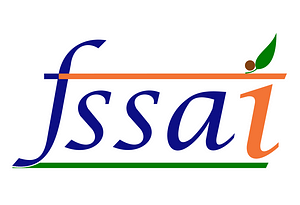There are many benefits to having a food license, including:
- Legal compliance: A food license is a legal requirement for all food businesses in India. Having a license shows that your business is operating legally and in compliance with all applicable food safety regulations.
- Consumer confidence: Consumers are more likely to trust food businesses that have a valid food license. This is because a license indicates that the business has been inspected and approved by the government and that it is committed to food safety.
- Brand reputation: A food license can help to build and protect your brand reputation. It shows that your business is serious about food safety and that it is committed to providing high-quality products to its customers.
- Access to new markets: Having a food license can open up new markets for your business. For example, many retailers and food service establishments will only do business with suppliers that have a valid license.
- Better supply chain management: A food license can help you to better manage your supply chain. For example, you can use your license to track the movement of food products from your suppliers to your customers. This can help you to identify and address any potential food safety risks.
- Increased competitiveness: A food license can help you to be more competitive in the marketplace. Many customers are willing to pay a premium for food products that they know are safe and high-quality. Having a food license can help you to demonstrate to your customers that your products meet these standards.
In addition to these general benefits, a food license can also provide specific benefits to different types of food businesses. For example, food businesses that export their products may need to have a food license in order to comply with the requirements of the importing country.
Overall, having a food license is essential for any food business that wants to operate legally, ethically, and successfully.












